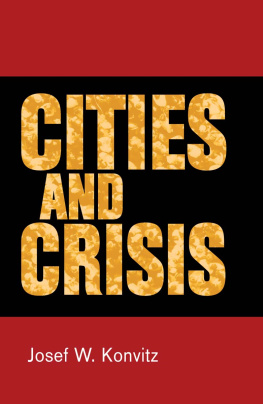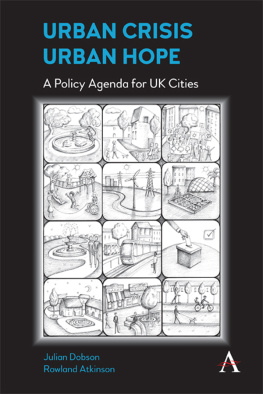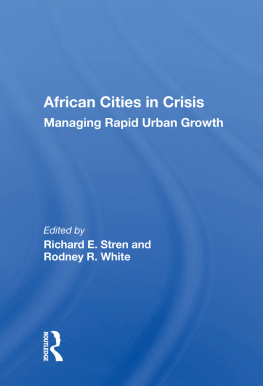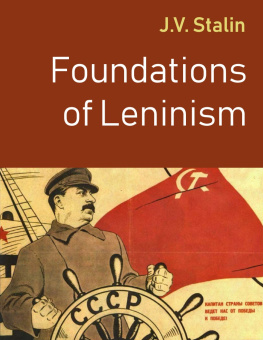Copyright Josef W. Konvitz 2016
The right of Josef W. Konvitz to be identified as the author of this work has been asserted by him in accordance with the Copyright, Designs and Patents Act 1988.
Published by Manchester University Press
Altrincham Street, Manchester M1 7JA
www.manchesteruniversitypress.co.uk
British Library Cataloguing-in-Publication Data
A catalogue record for this book is available from the British Library
Library of Congress Cataloging-in-Publication Data applied for
ISBN 978 1 7849 9290 3
First published 2016
The publisher has no responsibility for the persistence or accuracy of URLs for any external or third-party internet websites referred to in this book, and does not guarantee that any content on such websites is, or will remain, accurate or appropriate.
Typeset in Sabon and Gill by
Servis Filmsetting Ltd, Stockport, Cheshire
For Isa, Eli, and EzraPreface and acknowledgments
This book begins with a story. On 9 October 2009, a year after the crash of Lehman Brothers and with years of recession ahead of us, I met Prof. James Conroy, then Dean of the School of Education, in his office on the campus of the University of Glasgow. We discussed how ill-prepared countries are to give young people a sense of hope about the future because teachers are not sufficiently aspirational, and transmit their view of closed horizons. My reflections were sharpened a few minutes later when we discussed regulation. Jim spoke of how fear in society leads people to demand more, and unreasonable, levels of protection (a reaction corroborated by studies), and to accept rather than question the status quo and their place in it. Perversely, this leads many in school to under-invest in the skills they need to cope with rapid change. Our discussion resonated with my own thoughts not only on my professional work at the time as Head of the Regulatory Policy Division of the OECD, but also provoked by the Argentinian play Paranoia which I had seen two nights before at the Thtre du Chtelet in Paris. Why are our well-educated societies, at peace, so risk-averse, so afraid?
In the upper right margin of the paper on which I was taking notes, I wrote down a couple of long-term trends which singly or in combination diminished hope and opportunity: territorial (desertification, abandonment in and of cities by the shrinking middle class); political-cultural (the circumscribed public realm, social erosion); and fiscal (ageing, social care, employment). Population growth, urbanization and the growth of the largest cities, reaching unprecedented size, innovation and scientific discoveries, and the expansion of political and social rights which enlarged the workforce and markets for the last half of the twentieth century had carried the economy forward, like currents in the sea, over peaks and troughs. Their impetus is now much reduced, leaving the economy on becalmed waters, directionless, with government-supplied liquidity and credit for buoyancy.
What struck me most in 2009, one year into the global crisis, was the incontrovertible evidence that the situation is not self-correcting by the usual operation of cyclical swings between extremes. In 2008, economists anticipated a sharp recession, followed by a return to growth and, a year, later, a fall in unemployment, with good news to report before many governments would have to face the electorate again. Instead, governments confronted the Euro-crisis (201011) and deadlines to lift the ceiling on the debt in the United States, continued high unemployment and low levels of investment, pushing back the date when a recovery would come until after 2012. After many false dawns, the timing of a recovery and its strength are still unpredictable.
The crisis of 2008, which has lasted far longer than almost anyone predicted, has shown how unprepared governments were when it erupted. As the crisis unfolded and deepened, my overall impression intensified that this is a crisis of operational culture which can be defined by the range of incompatible and conflicting advice given to decision-makers, by the predictive flaws of models based on the experience of recent decades, by the tension between economic and social trends on the one hand, and electoral calendars on the other. The hopelessness and frustration which have only amplified since 2009 in virtually all western countries and ignited demonstrations and uprisings in London, Athens, New York, Madrid and Tel Aviv show that renegotiating the social contract is no mere technical matter of ceilings on welfare payments or the minimum wage. This working out of imbalances and debt on a global scale is no ordinary crisis. Explanations which focus on finance and regulation are not enough to satisfy the publics need to understand; no wonder simplistic, nationalistic platforms appeal to so many who no longer identify with the political mainstream and the governments it has elected.
A fresh and clear-eyed assessment is needed of what has changed since 1990 and what has not, of assumptions embedded in policy about how cities grow and what to do when they do not, of lessons of experience relevant to the future. Even if there is a widespread recovery in 2016, the crisis has shown that macro-economic and sectoral policies are necessary but not sufficient to generate the growth of urban economies and nurture the sustainable development of cities on which so much rests. I began writing this book by asking why cities did not figure conspicuously in policies for recovery, as had been the case in the Great Depression when the percentage of the population living in cities was far smaller than it is today. Cities are critical to the transition to the economy of the future. Reflecting that the urban transformation covers what must change in cities, as well as their impact on larger systems, my focus shifted to consider economic governance to manage space better. Belief in prosperity as the solution for many if not most problems has been badly shaken; we need a paradigm better suited for the times ahead when the prospect is of more crises environmental, economic, perhaps social. The reader looking for a wealth of data about the performance of cities and the impact of policies on them will have to wait for other books, to be written some years hence, assuming that the research needed to draw some conclusions will have been carried out. By the same token, references to specific cities illustrate general points; a multitude of examples showing how different cities can be one from the other would only strengthen the argument that uniform, top-down macro-economic and sectoral policies are not sufficient to help cities achieve their potential, including their capacity to survive external shocks and crises. Yes, a larger evidence base would enrich the analysis. But when so many are writing about the crisis and trends for the future from other perspectives, better, I thought, to add to the public culture now, to spur further research and debate.
This is a book with an argument, written with a sense of urgency in the hope that it will be as relevant after it is published, whatever the headlines in the press, as when it was written. A draft was finished by the fall of 2013, then revised between August and December 2014. The main structure and argument remained unaltered in the process, but changed the most, reflecting the duration and depth of a crisis which has signally failed to provoke either a change in international economic governance or a significant re-evaluation of measures taken, or avoided, between 2008 and 2013.














